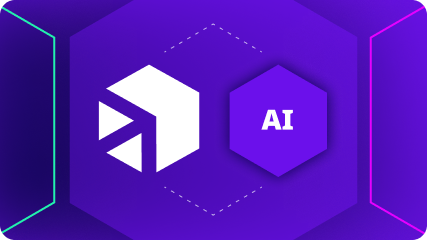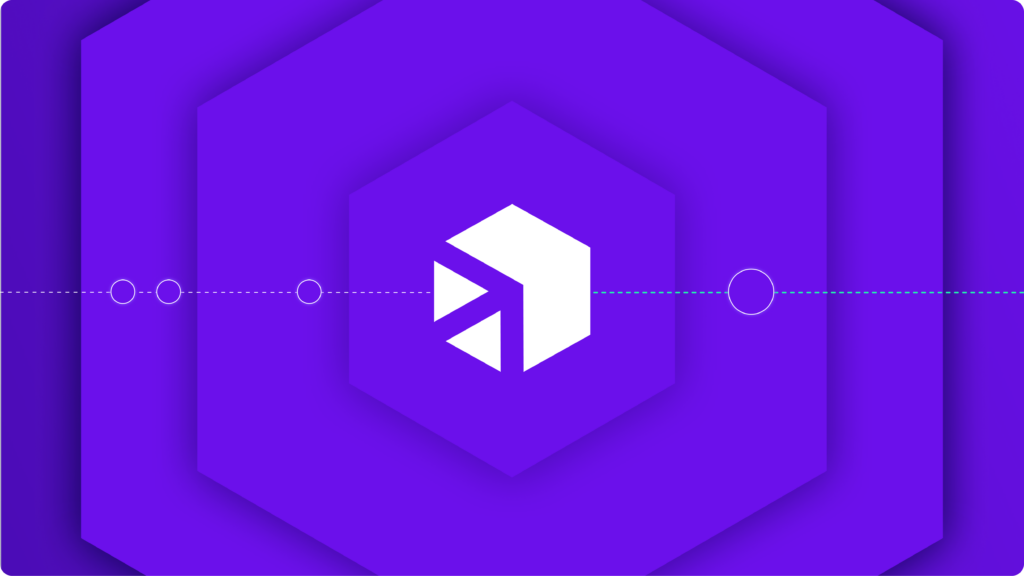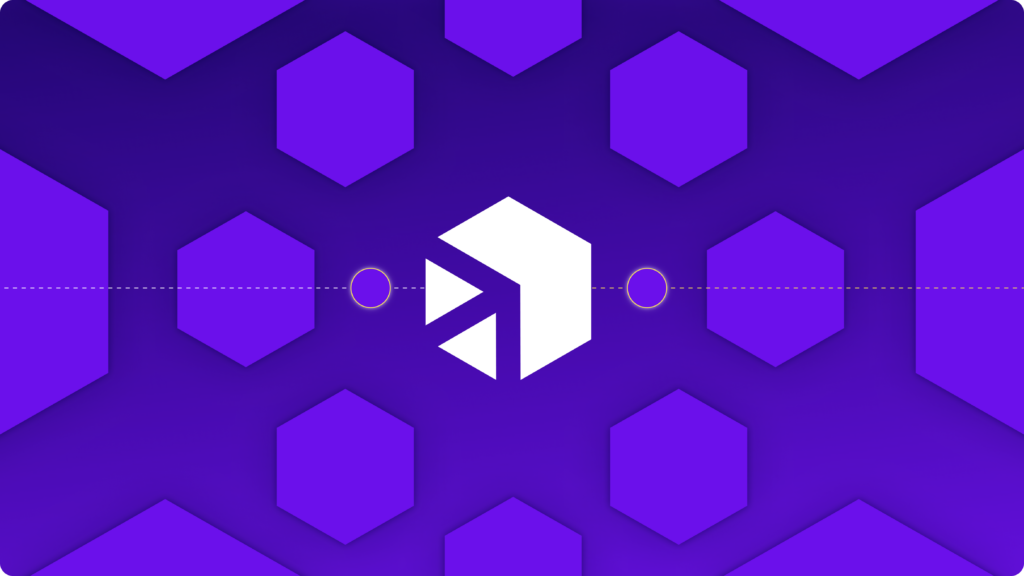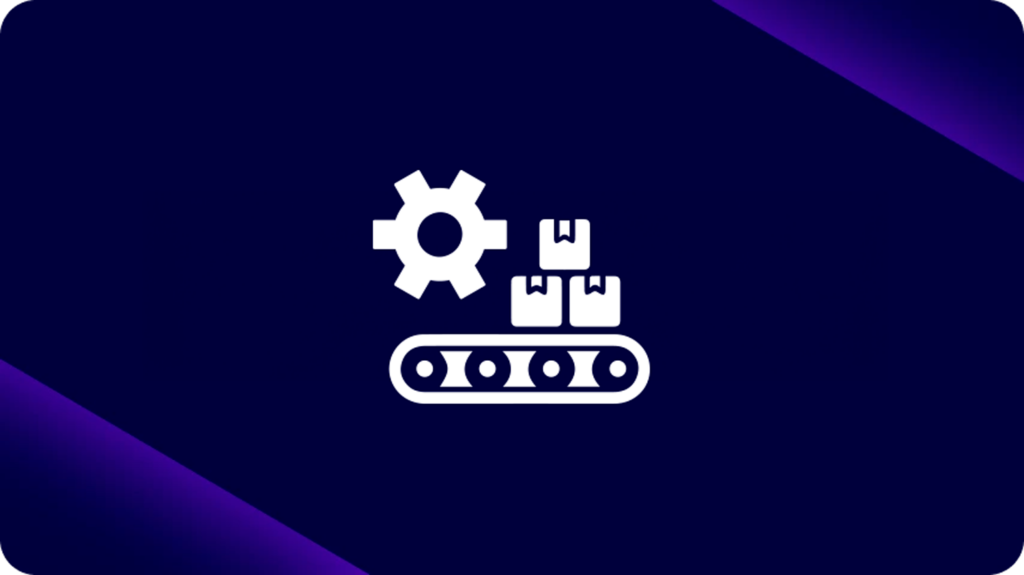julho 25, 2022
As empresas hoje estão enfrentando novos níveis de competição e expectativas sem precedentes dos consumidores. A chave para sobreviver – e prosperar – é aumentar a eficiência e se diferenciar para obter uma vantagem competitiva. Muitas empresas estão recorrendo à tecnologia para ajudá-las a lidar com uma série de mudanças no mercado:
- Como as empresas competem por lealdade, os clientes esperam uma experiência personalizada, altos níveis de serviço e maior valor
- As interrupções pandêmicas destacaram a importância de continuidade e resiliência durante a crise, e as empresas estão priorizando a capacidade de manter as operações funcionando de qualquer lugar, por meio de qualquer lugar
- Dados isolados e sistemas legados estão dificultando a inovação e o desenvolvimento, forçando as organizações a buscar novas soluções enquanto tentam acompanhar as demandas em constante mudança
- Clientes omnicanal que fazem compras por meio de aplicativos móveis, sites, mídias sociais, bate-papo e outras plataformas abriram o mercado de varejo global para clientes historicamente limitados por opções locais
>> Agende uma demonstração personalizada com nossa equipe de especialistas e veja como o iPaaS da Digibee trará eficiência ao seu negócio.

Essa confluência de circunstâncias está gerando uma nova demanda por um processo de transformação digital acelerado que dará suporte a novas ferramentas e recursos e abrirá um horizonte inexplorado de possibilidades e oportunidades de negócios. Mas, embora as empresas precisem atualizar ou atualizar suas soluções para sobreviver, elas não podem arcar com interrupções operacionais ou tempo de inatividade. Flexera’s 2022 Relatório do estado da nuvem destaca como essas tendências levaram os gastos com nuvem além dos orçamentos da empresa.
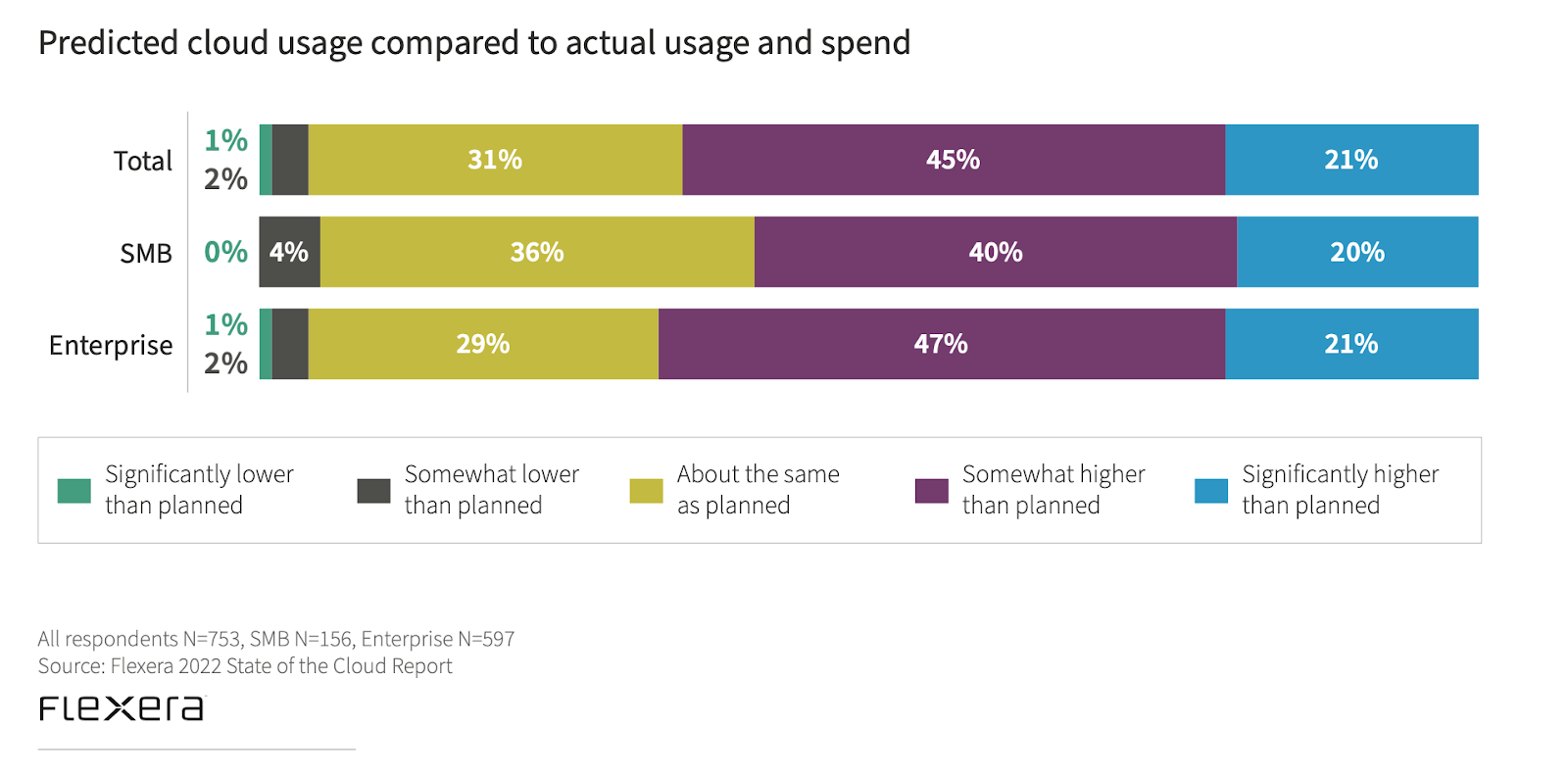
Novas soluções para um mundo diferente
Para alcançar uma transformação digital mais rápida, minimizando as interrupções operacionais, as empresas de hoje precisam de uma arquitetura flexível e ágil que irá:
- Simplifique o processo de digitalização
- Aumente a eficiência operacional
- Mitigar o risco de interrupções ou perda de dados
- Apoiar a inovação e novas ferramentas de negócios
- Melhore a experiência do cliente
A migração para a nuvem é uma faceta essencial de uma estratégia de digitalização e serve como base de transformação digital para empresas de todos os tamanhos e verticais. Mas com muita frequência, a migração para ambientes novos e mais flexíveis que podem oferecer os benefícios de que as empresas precisam para ter sucesso é prejudicada por sistemas desatualizados, arquiteturas fortemente acopladas e soluções personalizadas que são caras ou muito desafiadoras para concluir a integração de um sistema de software com novas tecnologias.
Um único passo não é suficiente
A migração para a nuvem é uma etapa essencial para atingir essas metas de transformação digital, mas é importante lembrar que não é a única etapa. Além de um plano operacional bem estruturado e alinhado com os objetivos e necessidades do negócio, as empresas também devem implantar ferramentas que suportem o processo de migração e, juntamente com a transição para a nuvem, estabeleçam as bases para a modernização completa da arquitetura corporativa.
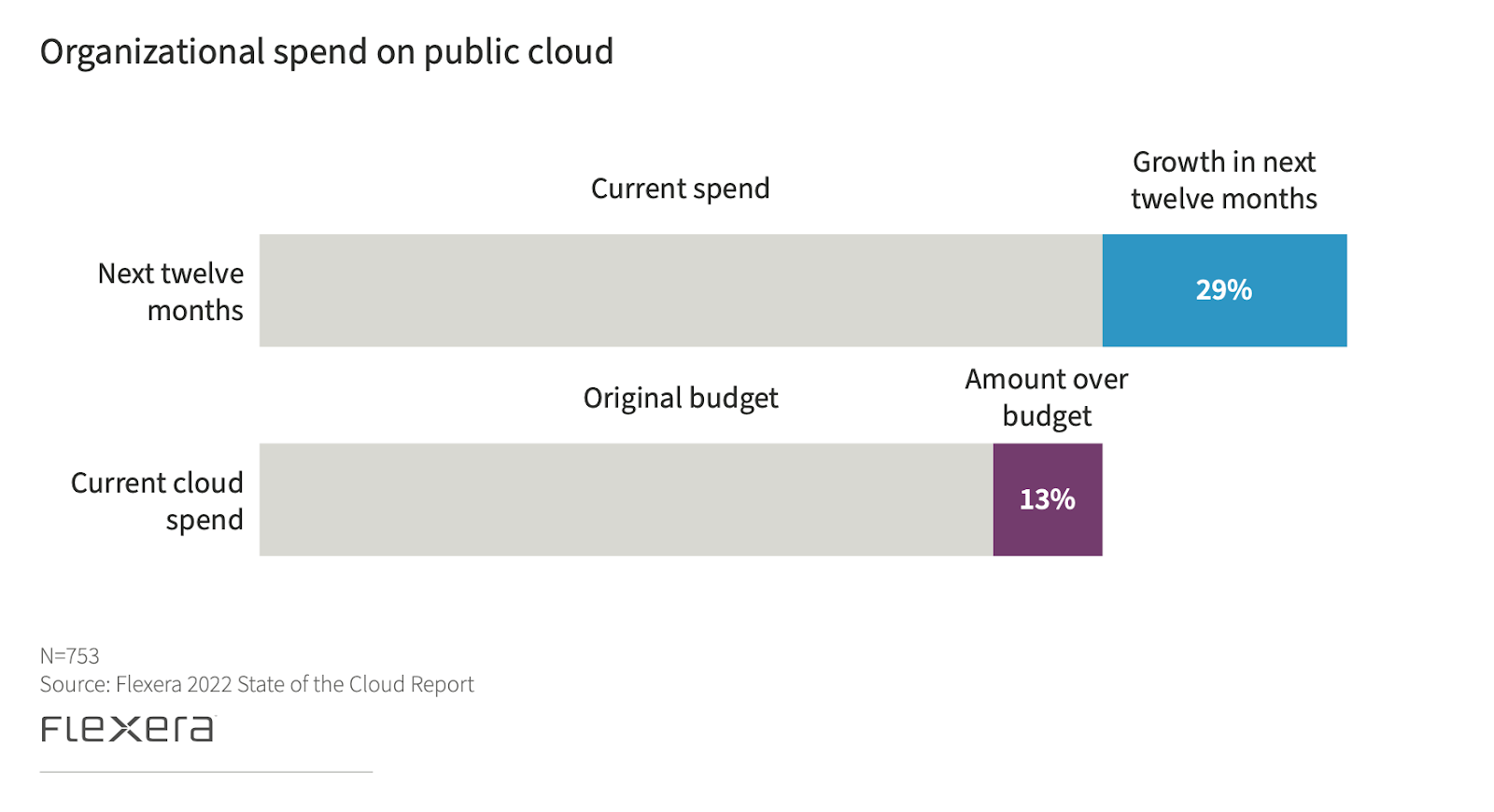
A empresa média já excedeu seu orçamento atual para gastos com nuvem e prevê gastar mais no próximo ano. Mas, à medida que a tecnologia de nuvem se torna um item cada vez maior nos orçamentos corporativos, as organizações desejam que suas equipes de TI tenham algo a mostrar, seja por meio de aumento de receita ou vantagem competitiva. Eficiência e otimização são os nomes do jogo.
59%
deseja otimizar o uso da nuvem existente para obter economia de custos
42%
estão adotando modelos SaaS para substituir soluções locais
31%
estão expandindo seu uso de soluções IaaS e PaaS de nuvem pública
57%
deseja mover mais sistemas e processos para a nuvem
40%
estão trabalhando em uma estratégia que prioriza a nuvem
Fonte: Relatório Flexera State of the Cloud 2022
E as prioridades da nuvem não são a única coisa que está mudando. As métricas que as empresas usam para medir o sucesso de seus esforços de migração para a nuvem também evoluem conforme as metas mudam.
74%
eficiência de custos ou economia
48%
aumento da taxa de inovação
47%
aumento da vantagem competitiva
68%
velocidade de entrega de novos produtos ou serviços
47%
valor para as unidades de negócios
Fonte: Relatório Flexera State of the Cloud 2022
Plataformas modernas de integração em nuvem agregam valor
Então, como as organizações alcançam os benefícios da migração para a nuvem de que precisam para permanecerem competitivas e, ao mesmo tempo, evitar armadilhas como custos inflacionados, tempo de inatividade ou interrupções operacionais? Eles devem parar de pensar em migração e começar a focar em plataformas de integração nativas da nuvem. A solução está em soluções de integração de terceiros, como integração empresarial como serviço. Um iPaaS empresarial capacita as empresas a competir com os nativos digitais, permitindo-lhes concentrar-se na inovação, em vez de na manutenção diária e na resposta a problemas de migração.
- O tempo de desenvolvimento e a curva de aprendizado são drasticamente reduzidos com um processo de desenvolvimento de integração intuitivo e focado em dados
- O tempo de inatividade e as interrupções são quase totalmente eliminados com endpoints simulados que reduzem o risco e a complexidade no processo de migração
- Os custos diminuem, facilitando as integrações com os principais sistemas sem a necessidade de alterar os processos internos
- Flexibilidade e agilidade aumentam com recursos de integração aprimorados
Uma plataforma de integração baseada em nuvem pode ser a solução de que sua organização precisa para competir em um mundo digital?
Pergunte a você mesmo as seguintes questões:
- A economia de custos é um dos principais impulsionadores de sua estratégia de migração para a nuvem?
- Os dados críticos para os negócios estão presos na arquitetura legada, dificultando sua transformação digital?
- Você teme que uma mudança para a nuvem interrompa suas operações diárias?
- Você depende de soluções personalizadas que se tornarão mais desafiadoras e caras de manter com o passar do tempo?
- Você gostaria que seus desenvolvedores tivessem tempo para se concentrar na inovação?
Se você respondeu sim a alguma (ou todas) as perguntas acima, é hora de aprender mais sobre integração empresarial e como uma solução empresarial iPaaS pode beneficiar seus negócios.
Digibee leva sua migração para o próximo nível
O modelo corporativo iPaaS da Digibee ajuda as empresas a liberar dados isolados presos em sistemas legados e aproveitá-los para um modelo operacional mais eficiente, resiliente e seguro que ajuda você a competir com os nativos digitais e a responder às demandas em constante mudança do mercado. Nosso low-code a interface visual e o modelo de negócios baseado no uso podem ajudá-lo a maximizar o valor da sua migração para a nuvem.
Para saber mais sobre nossas soluções de integração inovadoras, agende uma demonstração hoje mesmo.




